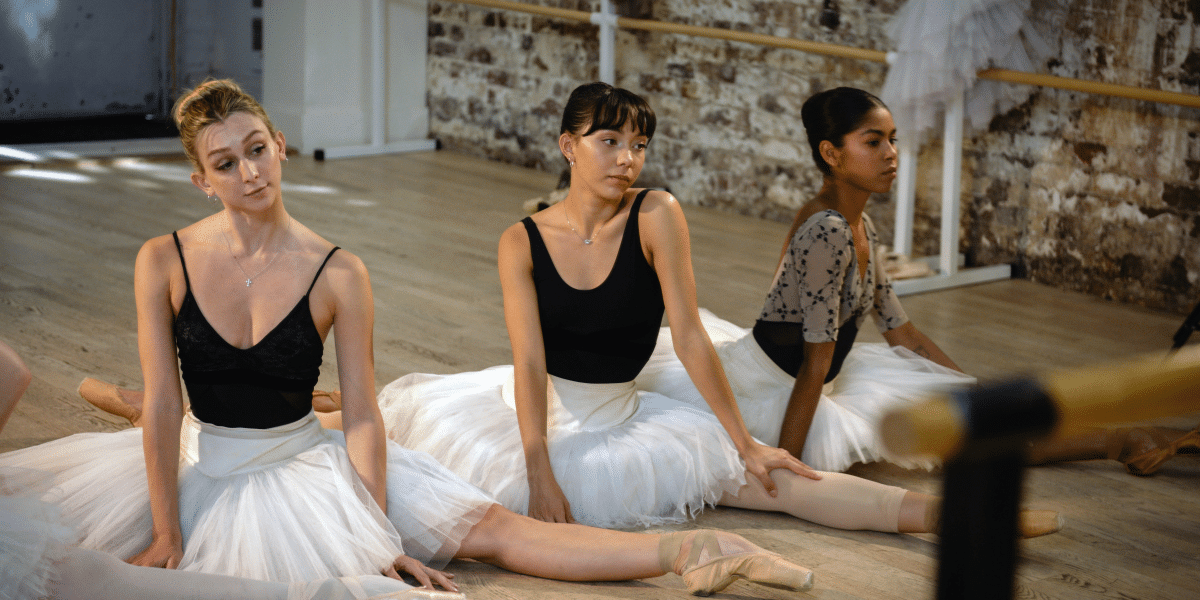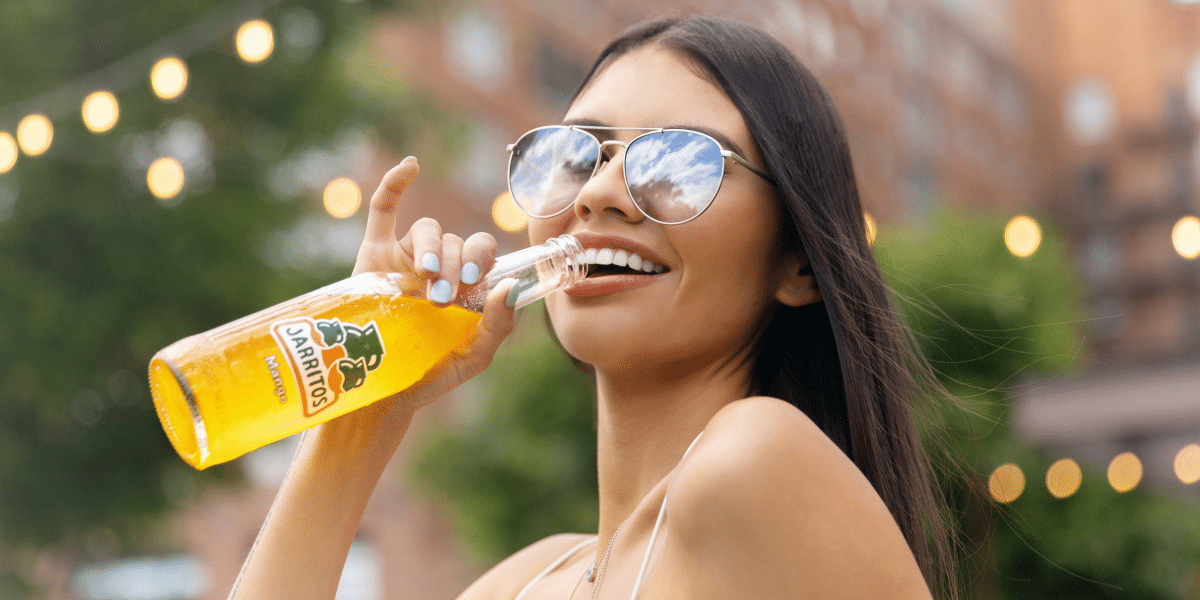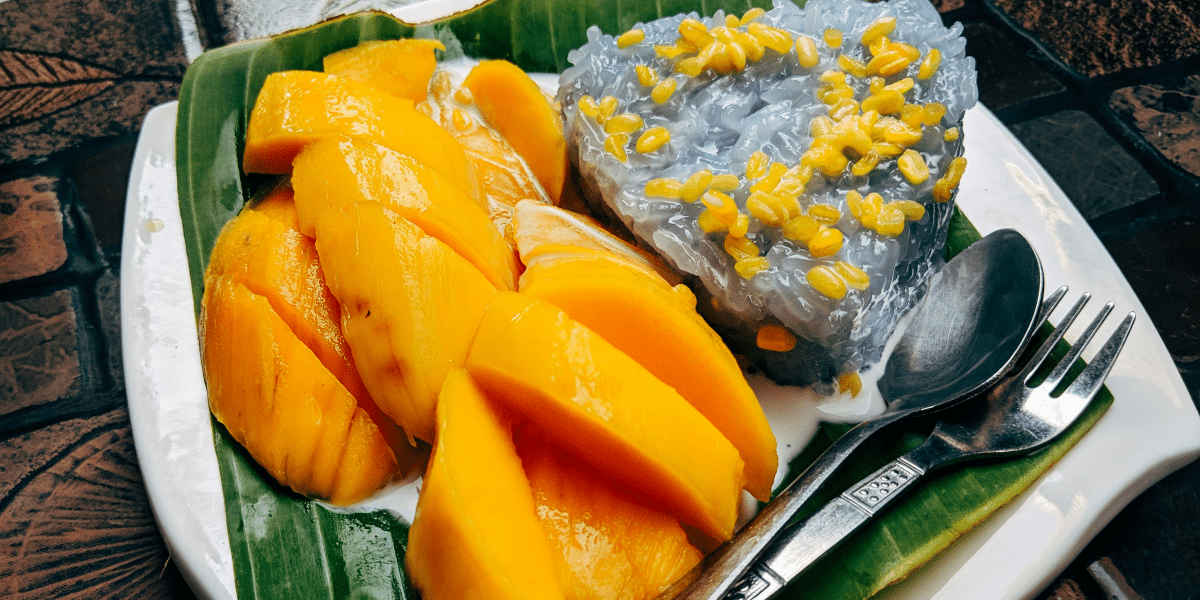Parrots in Paradise: How Did They Get Here?
Miami’s known for its beaches, its nightlife, and, well, the surprising number of chatty parrots squawking through its palm trees. These colorful birds aren’t native, and their growing populations are causing a ruckus in the city. Let’s dive into how these feathered friends became Miami locals, why they’re a problem, and what can be done about this squawky situation.
Miami’s parrot population is a classic example of exotic pets gone wild. Back in the 1960s and 70s, it was fashionable to import tropical birds. Many species – from the large, noisy macaws to the small, chirpy budgies (parakeets) – found their way into South Florida homes. But parrots are clever and long-lived. Some escaped captivity, others were released by owners who got tired of them, and, let’s just say, when birds feel the Florida vibe… well, they started breeding with gusto.
The other culprit was the pet trade. Importers accidentally and sometimes intentionally released birds to avoid paying government tariffs, adding to the problem. Decades later, Miami finds itself with thousands of these non-native parrots calling it home.
Parrots: Cute But Problematic
Let’s get real: parrots are loud. Sure, they’re pretty, but imagine a group of excited toddlers with megaphones… at sunrise… on your windowsill. That’s the reality when a flock of macaws decides your neighborhood is the place to be. Residents in areas with heavy parrot populations constantly complain about the pre-dawn screaming matches that make peaceful sleep impossible. Forget gentle birdsong – this is a full-on tropical rainforest soundscape blasting right outside your window.
Now, parrots wouldn’t be parrots without making their presence known in other ways. Anyone who’s parked their shiny car under a popular parrot hangout knows the special kind of frustration that comes with discovering your ride covered in a Jackson Pollock-inspired abstract of bird droppings. It’s also incredibly unpleasant to be taking a leisurely stroll when suddenly – splat! – you become the target of avian digestive activities.
While less squawky, parrots can still cause practical problems for anyone trying to grow food. They have a particular fondness for mangoes, avocados, and various other delicious things found in backyard gardens and urban farms. A flock of hungry parrots can decimate a harvest with astonishing speed, leaving frustrated growers with nothing to show for their efforts. It’s enough to make anyone reconsider their dream of fresh, homegrown tropical fruit.
The Search for Solutions
Dealing with Miami’s parrot population is like walking a tightrope. On one side, you’ve got folks who adore these feathered characters and view them as part of the city’s unique charm. On the other, you have frustrated residents at their wits’ end from the noise, the mess, and the damage the birds cause. Finding a solution that makes everyone happy? Well, that’s harder than teaching a parrot to whisper.
The best place to start is by preventing the problem from getting worse. Stricter laws about buying, selling, and breeding exotic parrots are important to stop new, potentially invasive species from being introduced. It’s about closing the barn door before even more horses get out, so to speak.
Where things get thorny is figuring out what to do with the thousands of parrots already calling Miami home. Options like trapping and relocation often sound good in theory, but are tricky in practice, not to mention expensive. Some argue for more drastic population control measures, but these understandably make animal lovers cringe. It’s a clash of values between protecting property rights and respecting animal welfare.
Unlike invasive species that most people agree are harmful, the parrot issue reveals a clash between our affection for these charismatic creatures and the realities of ecological balance.
“Miami’s parrots are a symptom of a larger problem with the exotic pet trade,” observes an environmental researcher. “They’re also a reminder that even the most well-intentioned actions can have unintended consequences for the environment.”
Residents grappling with the parrot issue face a dilemma – how to balance their enjoyment of these colorful, raucous neighbors with the need to protect native ecosystems and maintain some level of urban sanity.









